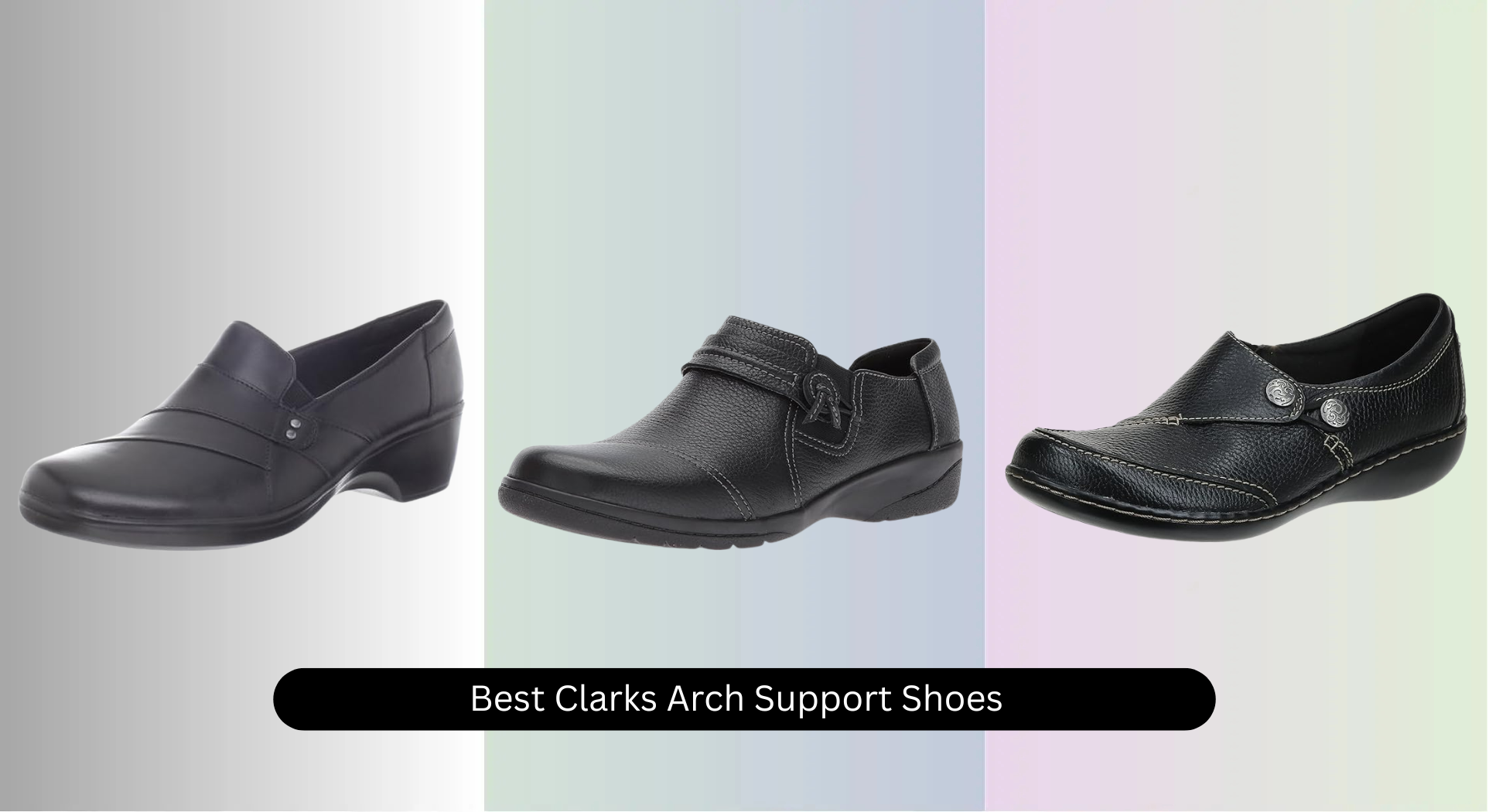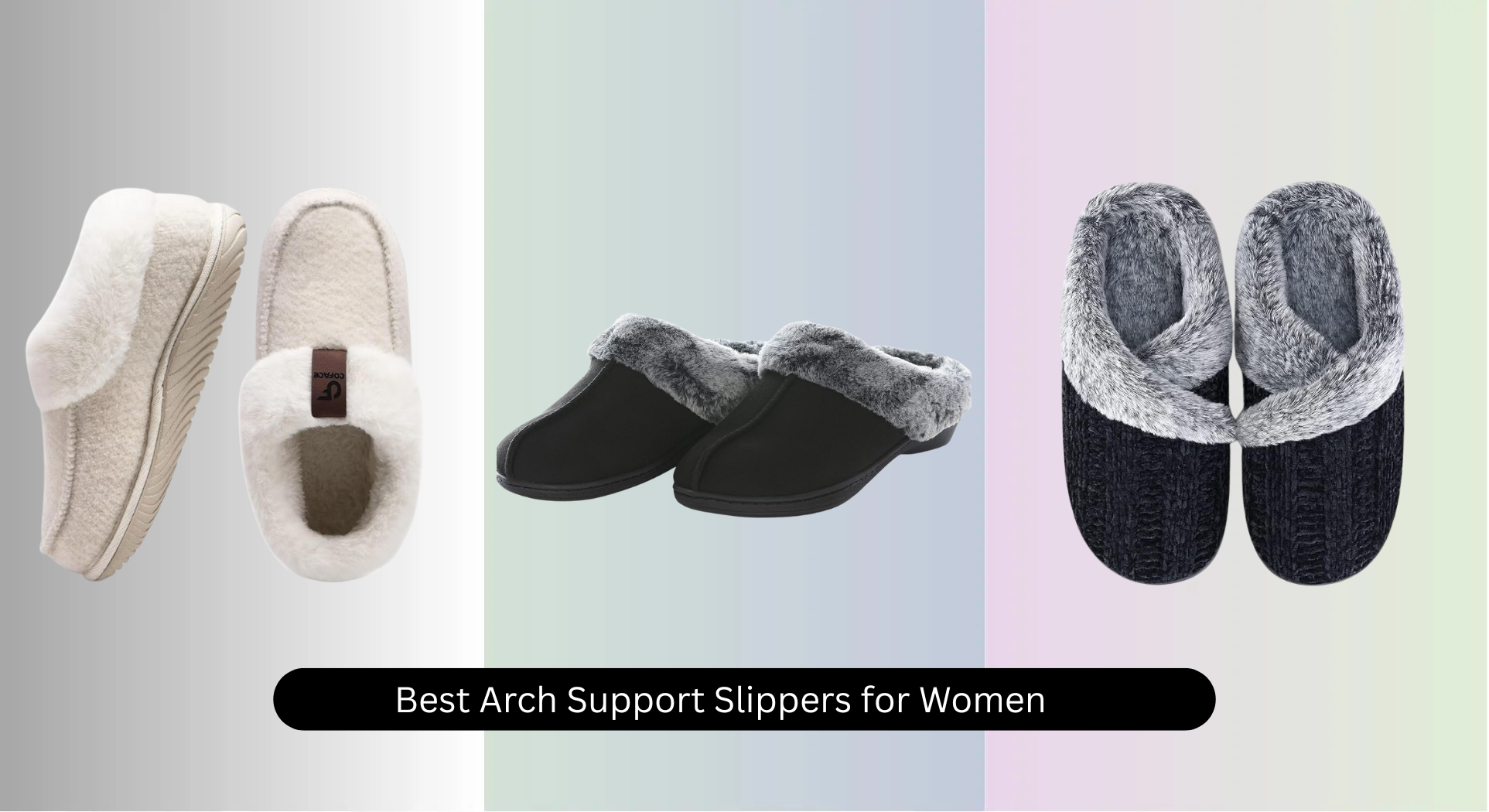Introduction: The Overlooked Key to Career Success
Your feet are the foundation of your body, yet most people don’t think about foot health until a problem arises. Whether you have a desk job or spend hours standing, foot discomfort can make your workday miserable. Ignoring foot issues can lead to reduced productivity, a lack of confidence, and even long-term career setbacks. Let’s explore why taking care of your feet is a crucial yet often overlooked aspect of professional success.
The Connection Between Foot Health and Productivity
Foot pain and discomfort can make even the simplest tasks feel exhausting. If you’re constantly shifting in your seat or limping around the office, your focus and energy levels will suffer. Employees with chronic foot pain often report:
- Decreased focus due to constant discomfort
- Lower productivity from frequent breaks to relieve pain
- Irritability and stress, which can affect teamwork and workplace relationships
For those with standing jobs, such as retail workers, healthcare professionals, and factory employees, foot problems can become a serious barrier to job performance. Poor foot health can lead to chronic fatigue, increased sick days, and, in extreme cases, an inability to continue working in the field.
Common Foot Problems That Can Hurt Your Career

Plantar Fasciitis and Chronic Heel Pain
Plantar fasciitis is a painful condition that affects the heel and arch of the foot. It’s particularly common among professionals who spend a lot of time on their feet. Symptoms include:
- Sharp pain in the heel, especially in the morning
- Stiffness and discomfort after prolonged standing
- Reduced ability to walk or move efficiently at work
When left untreated, plantar fasciitis can make it difficult to perform daily tasks, affecting work performance and career growth.
Bunions and Corns: Small Issues, Big Problems
Bunions and corns may seem minor, but they can be incredibly painful, making every step a struggle. These foot problems are often caused by wearing tight or ill-fitting shoes. Over time, they can lead to:
- Difficulty walking, which affects mobility at work
- Increased discomfort that can make standing or moving unbearable
- A negative impact on confidence and body language
Flat Feet and Poor Posture
Flat feet may not seem like a big issue, but they can cause major posture problems, leading to knee, hip, and back pain. Poor posture affects how you sit, stand, and walk, which can:
- Cause chronic pain, reducing work efficiency
- Lead to fatigue, making long work hours feel unbearable
- Impact your professional appearance and confidence
How Foot Health Affects Professional Image and Confidence

Think about it—if you’re limping or constantly shifting due to foot pain, it can impact how others perceive you. Employers, clients, and colleagues may subconsciously associate poor posture or discomfort with a lack of energy or professionalism. When your feet are in good shape, you:
- Move with confidence
- Maintain better posture
- Avoid unnecessary distractions caused by pain
A strong, confident stance is crucial in professions that require leadership and presence, such as sales, public speaking, and management roles.
The Role of Proper Footwear in Career Success
Choosing the Right Shoes for Work
Wearing the right footwear can prevent most foot-related issues. Depending on your job, you might need:
- Supportive dress shoes for office workers
- Slip-resistant, cushioned shoes for retail and healthcare workers
- Steel-toe boots for construction and industrial jobs
Investing in proper shoes may seem expensive, but it’s a small price to pay for long-term foot health and career comfort.
The Impact of High Heels and Poorly Fitted Shoes
High heels may look stylish, but they can lead to long-term damage, including:
- Foot deformities like bunions and hammertoes
- Increased pressure on the knees and lower back
- A higher risk of injuries due to instability
If your job requires formal attire, opt for comfortable alternatives like low-heeled shoes with arch support.
Workplace Ergonomics and Foot Health
Workplace ergonomics isn’t just about office chairs and desk height—it also plays a crucial role in foot health. The way your workspace is set up can either support your feet or lead to long-term pain and discomfort.
Importance of Anti-Fatigue Mats and Footrests
For those who stand for long hours, anti-fatigue mats can make a significant difference. These mats:
- Reduce foot and leg strain
- Improve blood circulation
- Minimize fatigue and discomfort
For office workers, a footrest under the desk can help reduce pressure on the lower body, improving posture and decreasing foot pain.
Adjusting Workspace to Reduce Foot Strain
Simple adjustments like proper desk height, supportive seating, and taking regular breaks to stretch can keep foot pain at bay. Whether you sit or stand at work, maintaining proper posture is key to avoiding unnecessary strain on your feet.
Preventive Measures to Maintain Foot Health

Taking care of your feet daily can prevent many common foot problems. Implementing simple habits can ensure long-term comfort and career productivity.
Daily Foot Care Routine for Professionals
A few daily practices can keep your feet in top shape:
- Stretching exercises – Helps improve flexibility and circulation
- Soaking feet – Reduces swelling and prevents infections
- Moisturizing – Prevents dryness and cracking
- Wearing compression socks – Improves circulation for those who stand or sit for long periods
The Importance of Regular Foot Check-Ups
Seeing a podiatrist regularly can prevent minor issues from turning into career-disrupting problems. You should seek medical attention if you experience:
- Persistent foot pain that affects work performance
- Swelling, redness, or signs of infection
- Difficulty walking or standing for extended periods
The Link Between Foot Health and Overall Well-being
Your feet are connected to your overall health. Ignoring foot issues can lead to other serious problems like chronic pain, fatigue, and stress, all of which can affect your professional life.
How Foot Pain Contributes to Stress and Burnout
Constant foot pain can make you feel exhausted before the workday even begins. When discomfort becomes a daily struggle, it can lead to:
- Increased irritability and mood swings
- Difficulty concentrating on tasks
- Higher levels of workplace stress
Relationship Between Foot Problems and Chronic Health Conditions
Foot health is closely linked to conditions like:
- Diabetes – Poor foot circulation can lead to serious complications
- Obesity – Extra weight puts more strain on feet, leading to pain
- Back and joint pain – Foot misalignment can cause problems in other parts of the body
By addressing foot health early, you can prevent a ripple effect of health issues that could hinder your career in the long run.
Conclusion
Your feet play a bigger role in your career than you might think. From maintaining productivity and confidence to preventing long-term health issues, taking care of your feet should be a priority for every working professional. Whether you work in an office, on a construction site, or in a retail store, investing in proper footwear, practicing daily foot care, and paying attention to early signs of foot problems can make a huge difference.
Healthy feet lead to a healthier career. So, take a step in the right direction—because when your feet feel good, you perform better.
FAQs
1. Can wearing the wrong shoes affect my career?
Yes, improper footwear can lead to foot pain, reduced mobility, and poor posture, all of which can impact productivity and confidence in the workplace.
2. What are the best shoes for professionals who stand all day?
Comfortable, supportive shoes with cushioning, arch support, and slip-resistant soles are best for professionals who stand for long hours. Brands like Dansko, New Balance, and Skechers offer great options.
3. How can I relieve foot pain at work?
Taking short breaks, stretching, wearing supportive shoes, using anti-fatigue mats, and applying ice packs after work can help alleviate foot pain.
4. Should I see a doctor for minor foot pain?
Yes, even minor foot pain can indicate an underlying issue. A podiatrist can help prevent it from becoming a serious problem.
5. Can poor foot health lead to back and knee problems?
Absolutely. Poor foot alignment can cause imbalances that lead to knee, hip, and back pain, affecting overall mobility and comfort.









